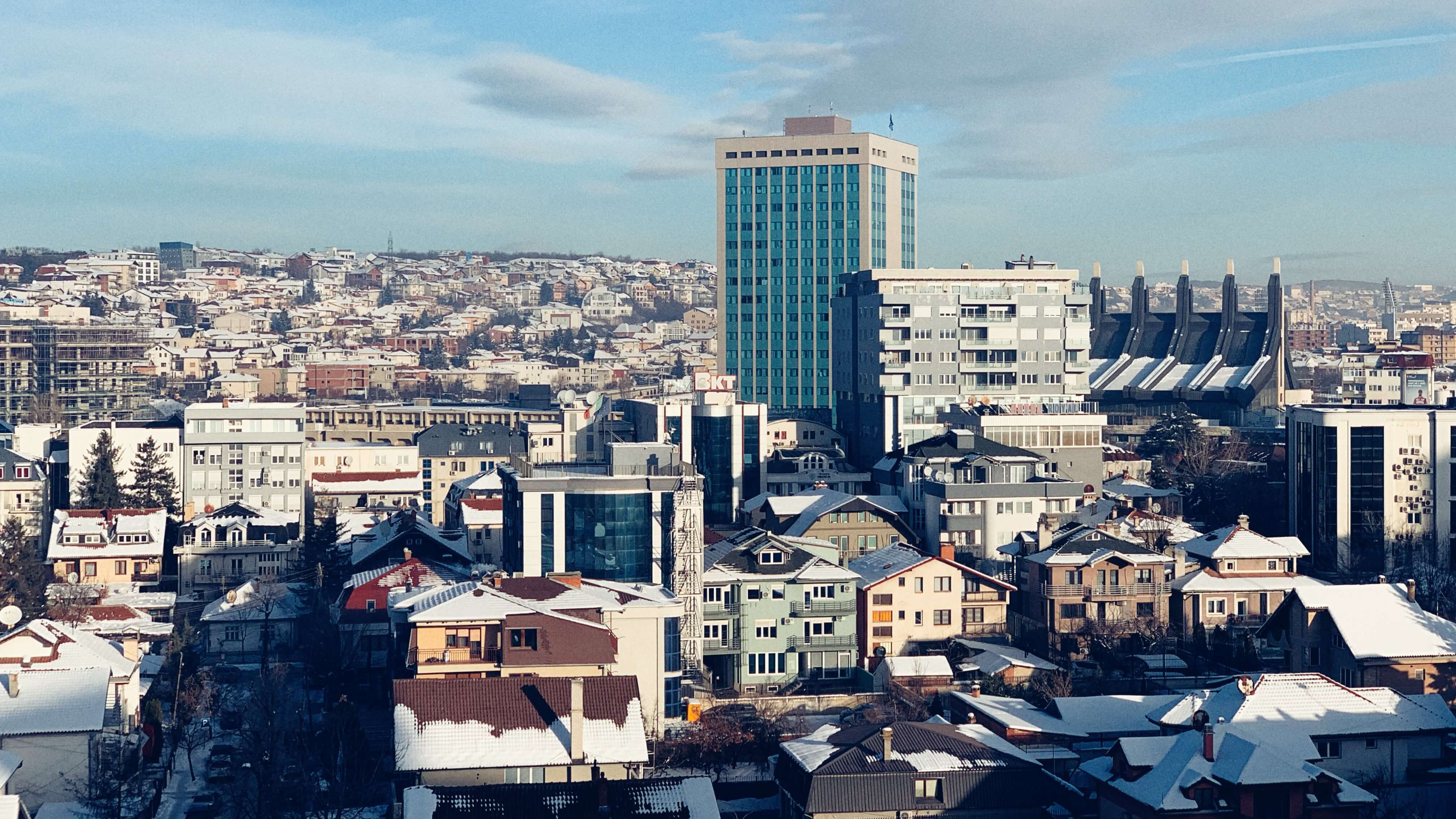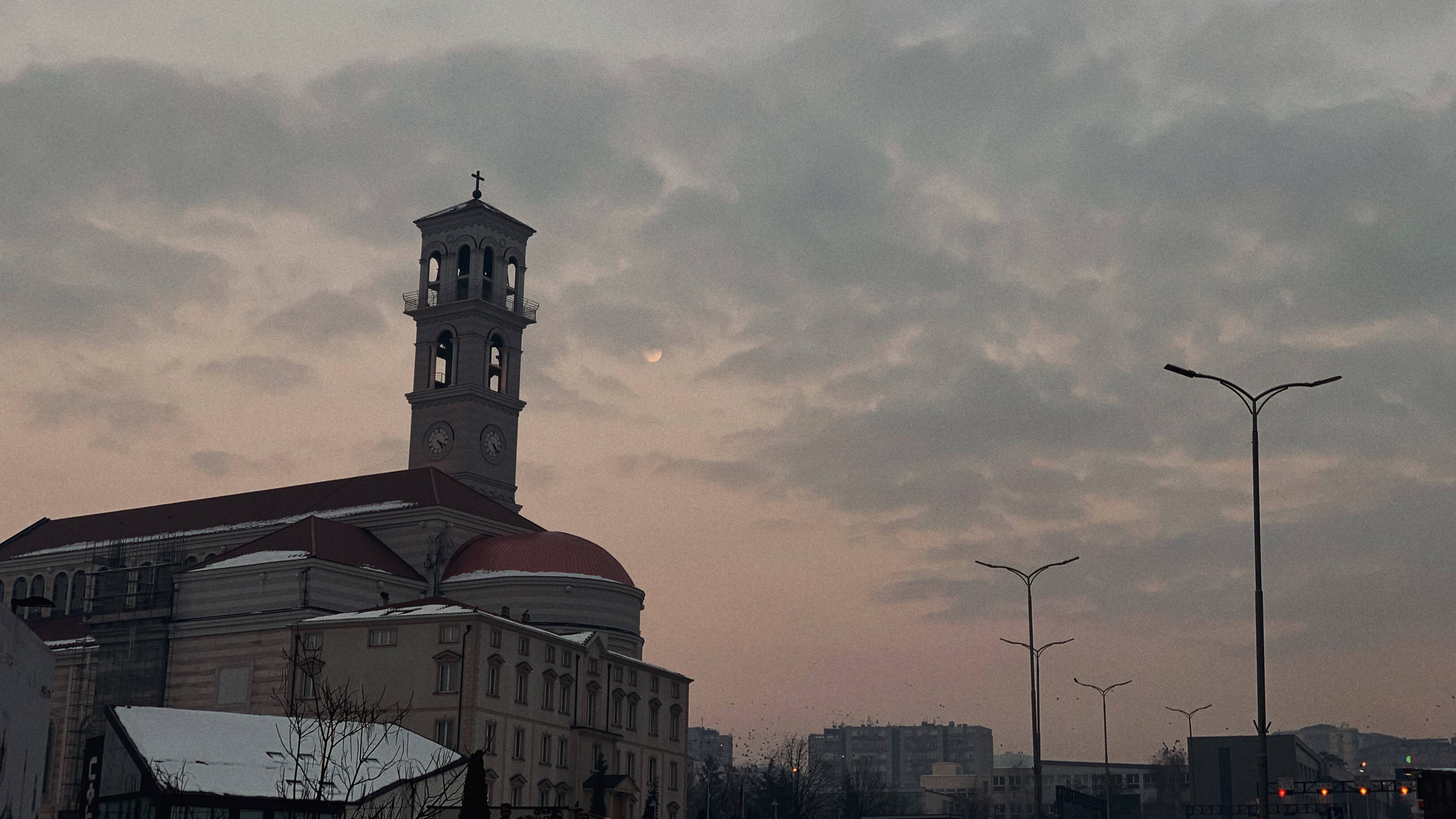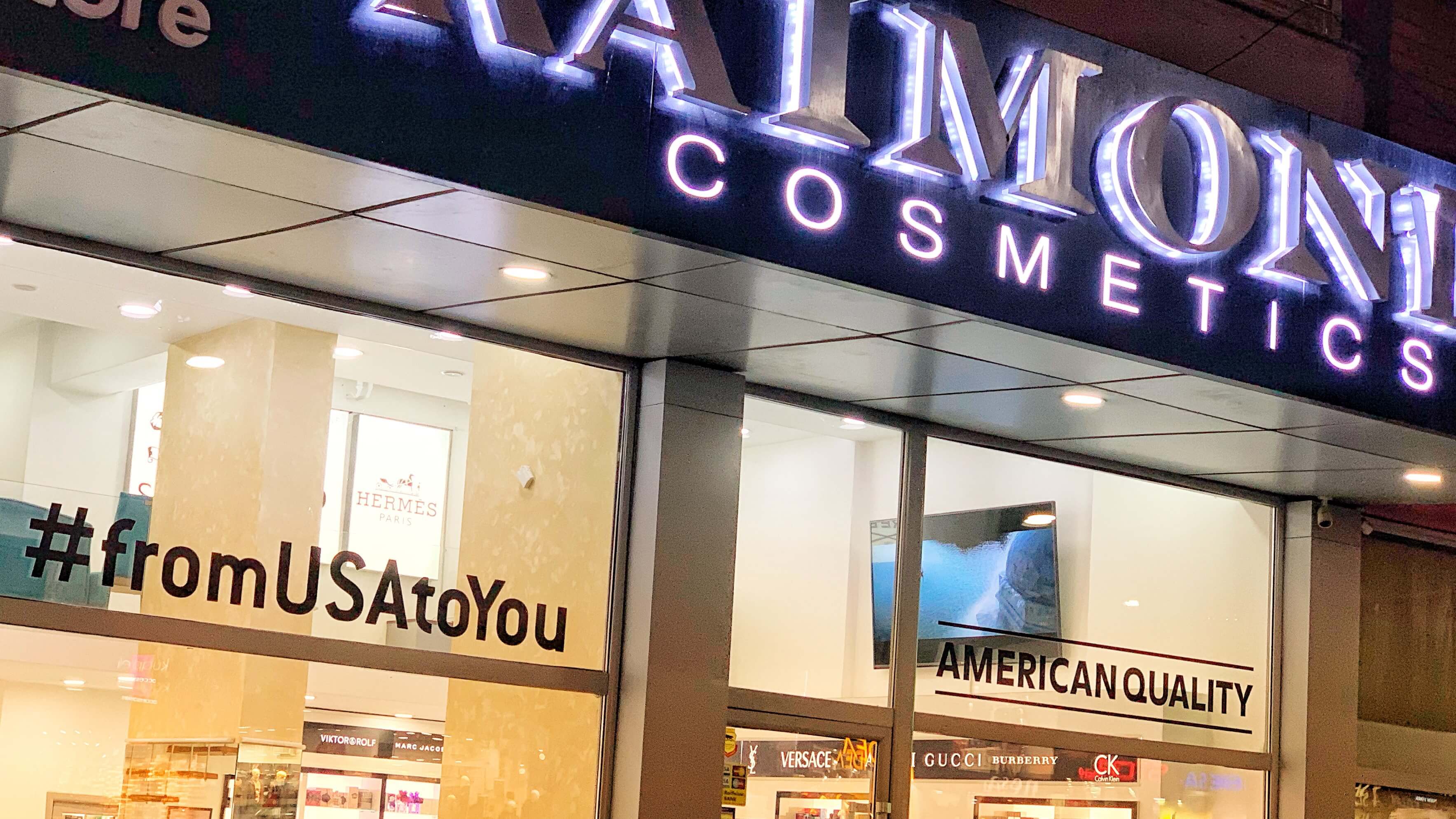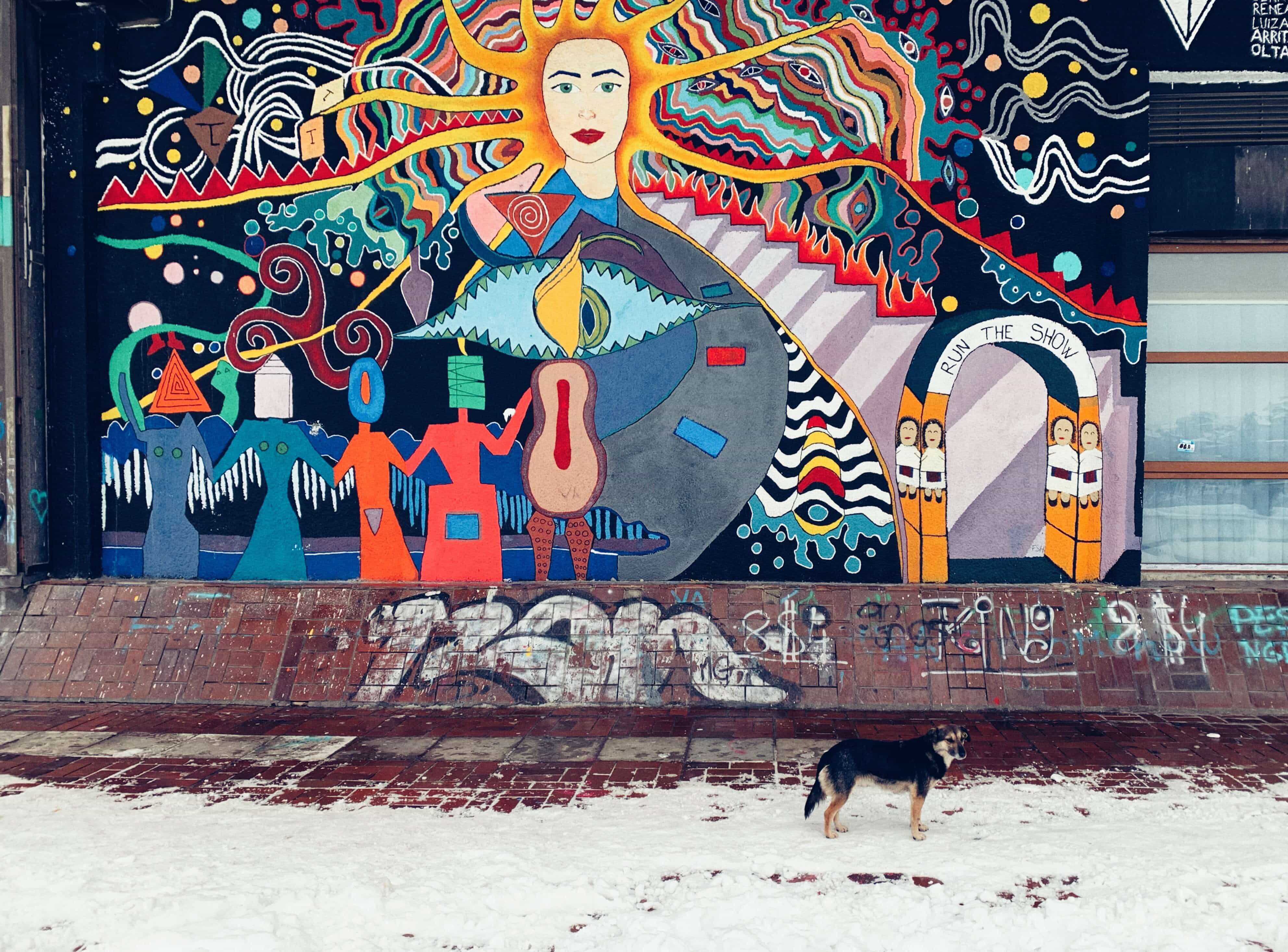On the flight back to Vienna from Pristina, my classmate asked me how do I feel. A week has passed. It’s neither long nor short. Short for the incomplete, long for the being normalized. Returning to old life as things starts to normalized is like to prescind a branch of Spring from a bonsai, pity and not pity. ‘All good things must come to an end’ is particularly correct at this moment.
Pristina cannot be considered beautiful. Buildings seemingly from the last century, the large amount of Western European commerce, more English signage than in Vienna, obsession in the US, smog and coal smell in winter nights, children begging, selling, washing windshields, are some other skeletons, similar to Belgrade, reminding me of the China in 1990s in my memory. In the recent years, my life in Europe, travelling to different places, making friends from different countries, feeling happy or sad about the same thing in every city — all make me understand the big commonness of human beings among their big differences. Vienna is but another city. At the end of the day, cities and villages are only backgrounds, within which only people create lives. Nevertheless, Pristina is special due to the history of Kosovo: In a so-called Islamic country with Catholics being less than 3.5% of the total population, an Albanian-based capital, the grand Mother Teresa Cathedral stands in the city centre. But Mother Teresa was born in the now capital of Republic of Macedonia, Skopje, and had spent most of her time in India. On two sides of the cathedral are two main roads in the city centre: Bill Clinton Boulevard and George Bush1 Road.
The trip to Kosovo is, for me, not only knowing country on its ground which, if not for professional reasons, I would have never been to; but also a self-knowing, struggle journey. Let myself go to a disco bar with classmates, try to dance and enjoy dancing (though every time when I do so, I always quickly entre a exceptionally lucid self-awareness, clearly knowing whether I am happy or not, and not knowing why I must force myself to an entertainment I dislike). In this process I concede that eventually, quite often I only have the thought without bravery. At the end, I usually sit somewhere, criticize my conservativeness and regret not being able to drink due to allergy. ‘Asian men hit their puberty at the age of thirty.’ On the plane back to Vienna, I told the classmate sit next to me how implicit Eastern Asian expressions can be to the extent that every word is about love with none of them being ‘love’. Is it truly correct to ‘be yourself’? Or is it that I just need to walk out of my comfort zone, taking more effective measures? But what is the relation between ‘comfort zone’ and ‘self’?
Kosovo is depressing, that is one feedback I heard at the end of the trip. There is no much difference between Albanian youngsters who wants to live abroad and students from Vienna and Venice. The entangled history of Kosovo and the peculiarity of Pristina cannot either change the fact that the 15-year-old daughter Dea of the host family also love YouTube and Netflix. Different ethnic groups seem to be indeed only different imaginations, and ‘human’ is consistent. Of course, whether this is it by itself, or is just the result of globalization, requires proper studies. I gifted Dea Imagined Communities. Seeing her young, smart and intelligent, at the age of 15 with already fluent and clear English without difficulty in communication, I cannot help but be happy. Perhaps in Europe there is no such cultural-psychological phenomenon as ‘expectation from the senior’, but being from Eastern Asia, China, I cannot help to hope that, wherever she will be, even in 2050 conquering Mars, she will establish her career and does not fall into the trap of nationalism. However, it is in Kosovo that the anti-nationalist me acknowledged that, anti-nationalism does not get rid of nationalism; the over-concern and thinking about nationalism had let me acquire ‘the sensitivity of nationalism’, but this is indeed insensitivity to every other thing in Kosovo. Ultimately, what is most important is that Dea will lives happily by her decisions. I might have been just pitiful about pities in my life, lightly feeling agony about my unwiseness and incapability. I asked Kurti how to balance the pursuit of social ideals and personal life. At the end he jokingly suggested ‘return to prison’. When he said so, I recalled my rooms in Shenzhen, Edinburgh and Vienna. Perhaps grasping freedom does not require travelling to the edge of the world. How should it be in a few years in the future? I thought even coming to Kosovo or going to Africa to work and root in human rights is an option. But this might be only due to a cunning form of self-sacrificing morality. The pressure to have been self-established by 30 and the middle-class imagination since childhood are part of the mental struggle. Sometimes I also think of the path of Bodhisattva, recalling the documentary I watched in Taiwan, in which the lamas in Zanskar vowed to take village children out for schools and Buddhist orders, achieving realizations through asperity. Until these days I still cannot firmly believe in their happiness or ‘happiness’. But if life is ultimately a bet, why bet this rather than that? Though with regrets, I am still very happy that during this time I met new people and got new happy memories, even though perhaps in the future I could only long for them at some wee moment of dailiness or in dreams. The sea of St Andrews, the moonlight of Peja/Peć — I wish to still have such luck in a different situation in the next twelve years.
-
George H. W. Bush, i.e. Bush Jr. ↩︎
Last modified on 2019-01-23



